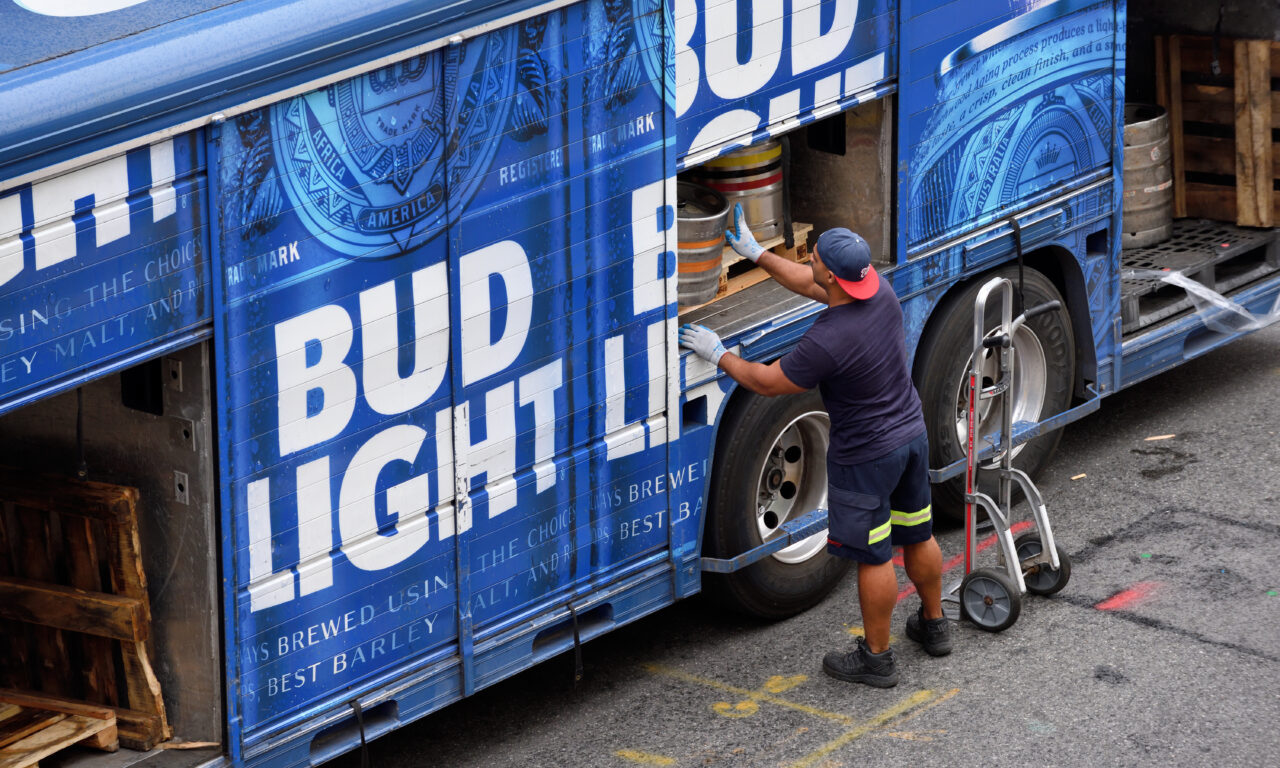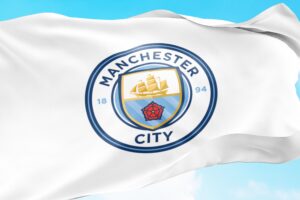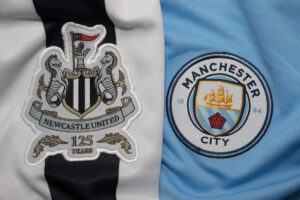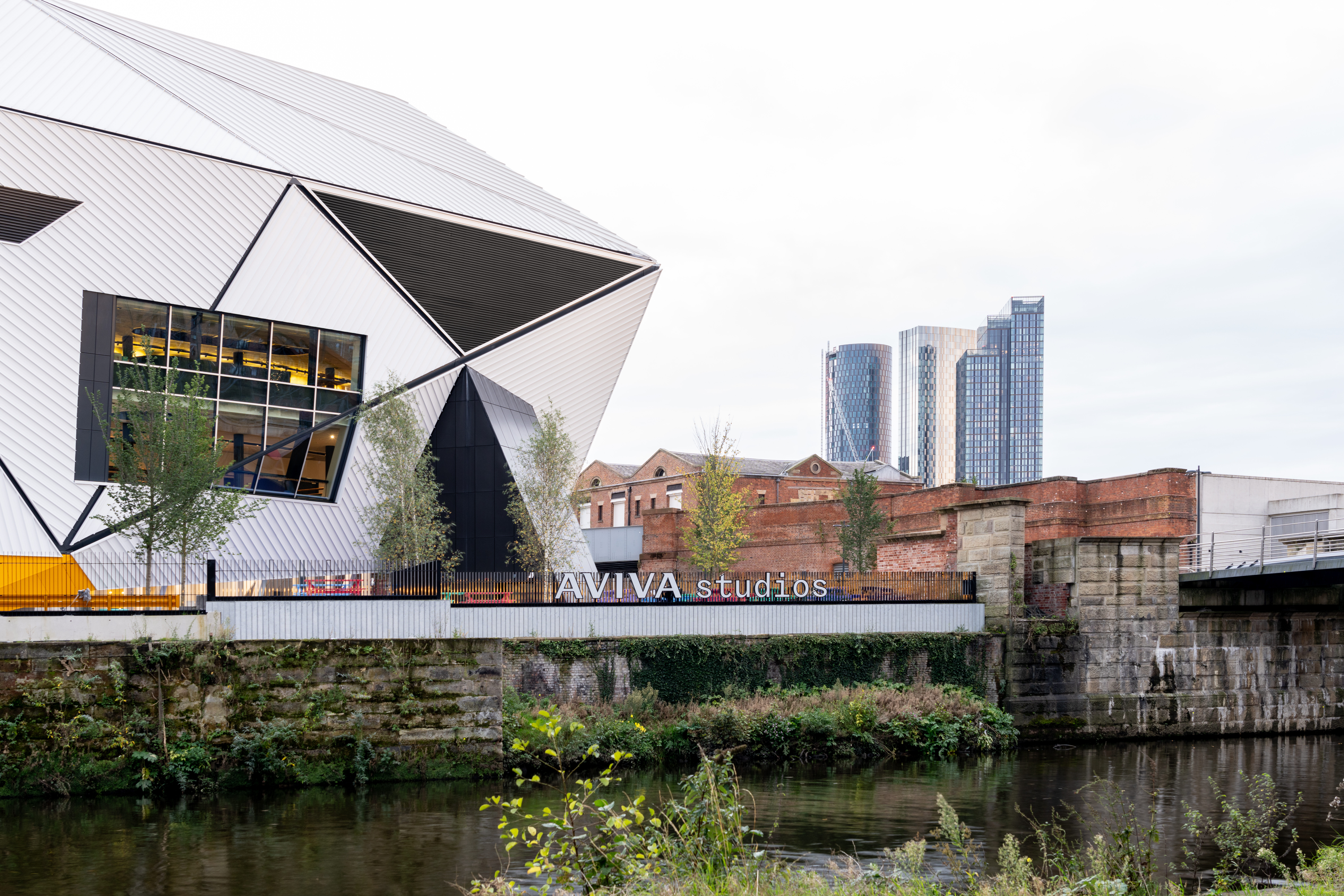3 lessons from Bud Light’s mismanaged sponsorship campaign

On April 1, Bud Light sponsored an Instagram and TikTok post from the accounts of trans-activist Dylan Mulvaney. Soon, public figures including Florida Gov. Ron DeSantis, Kid Rock, and Caitlyn Jenner were publicly criticising the company. Following months of aggressive boycotting, America’s best-selling beer for more than two decades fell second-place to Modelo Especial. Its sales volume dropped a staggering 29% in the four-week period ending in mid-June from a year earlier. In this article, we assess 3 lessons from a grossly mismanaged sponsorship campaign.
Do your research
First, it’s important to note that Bud Light's relationship with Dylan Mulvaney was not extensive. It went as far as two Bud Light sponsored posts featuring a personalised beer can to celebrate 365 days since her transition. Despite the campaign’s relatively small scale, the company took into account neither the breadth nor the qualities of its audience. Further, it’s no secret that powerful companies in the United States, including Apple, Citigroup, CVS, Bank of America and many others have faced immense pressure when dipping into political campaigns. The backlash has been enormous and ought to have been considered with a clear plan of action.
With one in five Gen Z adults (those born between 1997-2003) identifying as LGBTQ, the partnership with Mulvaney would ostensibly connect to an online audience at the dawn of the legal drinking age. As economist Lee Badgett notes of the community, “it’s not a tiny fraction anymore…it’s a game changer.” The problem is not so much in wanting to support progressive movements, it was in not comprehending its own position in the market and in not preparing for pushback.
To read why market research is so crucial for your business, click here.
Stick to your guns
In April, brewing company Anheuser-Busch put out a statement via CEO Brendan Whitworth that sought to settle the dust: “we never intended to be part of a discussion that divides people. We are in the business of bringing people together over a beer.” To the LGBT community this said, ‘We didn’t realise why this was important to you.’ To its conservative audience this said, ‘We didn’t realise why this was important to you.’
Speaking to her 1.8million followers last Thursday, Mulvaney stated: “I was waiting for the brand to reach out to me, but they never did…For a company to hire a trans person and then not publicly stand by them is worse than not hiring a trans person at all.” In withholding support, Bud Light went down a sponsorship route, tried to turn back, and now find themselves in commercial no man’s land. All the while, prominent conservative figures continue to celebrate the plummeting of Bud Light stocks and bottling plant closures. “This is what winning looks like,” stated Mark Slapinski on Twitter.
Be clear in your communication
Sponsorships build an identity when the campaigns and activations are well thought out. They cannot, however, be substitutes for brand identity, or else they’ll always operate at a superficial level. A lack of understanding over core values will leave brands with misaligned sponsors and therefore open to vulnerability.
When controversy hits, a robust response stemming from an understanding of your brand can help rebuild trust. When Disney came under fire in 1995 for introducing domestic-partner benefits, CEO Michael Eisner defended his company's inclusive stance: "I think it would be a travesty in this country to exclude anybody." The response was straightforward and neutralised calls for a boycott by laying out company policy.
While that wasn’t a sponsorship-related issue, Bud Light could have done with Eisner’s clear communication. The answer is not to abandon progressively minded sponsorships. It’s to do them right. Speaking to CBS Mornings, Brendan Whitworth was asked if he would send Mulvaney another personalised can. Instead of a concise answer, Whitworth stated unclear aims to understand the social conversation around the campaign. When pressed, he again avoided the question.
To learn more about planning around controversy, click here.
Conclusion
America’s best-selling beer lost their spot over insufficient market research; the unclear communication is a testament to their lack of both preparation and conviction. Bud Light sponsored a campaign that they weren't prepared to see through. Further, a lack of understanding of its own core identity made the response feel cobbled together and transparent. The result: a non-committal campaign that has failed to win over either side.









